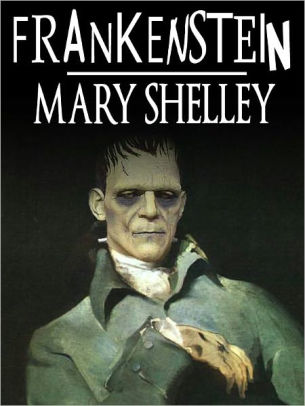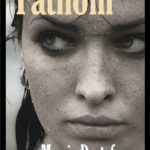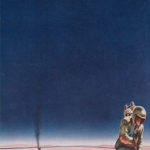Frankenstein 200 Years Later
Among the most influential books of fiction, Mary Shelley’s Frankenstein should be included, not just because of its literary merit, but because of its prescient view of the ethics of science.
Frankenstein As Literature
In many ways Frankenstein not only gave life to a monster, but he also created the horror genre. But Shelley’s tale was a mashup of genres that would make modern day publishers giddy to give her work to the public. Writing in the era of Gothic romance, she developed a story that actually centered on science. Sort of a science fiction story.
[Science fiction author] Brian Aldiss has argued that it should be considered the first true science fiction story because, in contrast to previous stories with fantastical elements resembling those of later science fiction, the central character “makes a deliberate decision” and “turns to modern experiments in the laboratory” to achieve fantastic results. (“Frankenstein,” Wikepedia
With one amazing literary effort this young author (she was 21 when Frankenstein was published), gave birth to a work of science fiction as well as of horror, with the overtones of a Gothic romance. The initial publication sold only 500 copies, but over time the story has gained in popularity and spawned movies, a TV show, comic books, a song, toys, Halloween costumes, and has essentially taken an iconic place in Western culture.
Frankenstein As Science
Most readers would argue that there is more fiction to Frankenstein than there is science, and they’d be right . . . except for one aspect. Shelley’s book introduces the element of ethics in regard to science. Just because something can be accomplished scientifically, should it be done? How much responsibility should a scientist—in this case, Victor Frankenstein—have in connection to what his science has led to (i. e. the monster)?
Frankenstein As Inspiration
Interestingly, urban fantasy author Merrie Destefano has written a three-book series, not about Frankenstein as much as about Mary Shelley. This work of historical fiction/Gothic romance/science fiction/horror is itself a mash up in the tradition of Shelly’s original work.
Here’s the description of the first book:
Frankenstein meets Dracula in this Gothic retelling of Mary Shelley’s classic tale.
A holiday in Switzerland is supposed to lift Mary Wollstonecraft Godwin’s spirits. She wants to forget the past and have fun. In fact, everyone in her party is running away from one indiscretion or another—from her fiancé Percy Shelley to Lord Byron to Mary’s stepsister, Claire. But from the moment Mary arrives at Byron’s villa, she knows something is wrong. He rushes her indoors and forbids all of them to go out at night, claiming that the horrible weather has driven wild animals down from the mountains.
The only person who doesn’t seem to be running away from anything is a handsome, young Italian doctor, John Polidori. Instead, he is fervently pursuing local folk legends and a new scientific theory that claims people can be raised from the dead.
But it’s not until they all challenge one other to write ghost stories that the real danger begins. In a nightmare, Mary envisions a patchwork man animated by Galvanism and she begins writing Frankenstein. Likewise, fueled by local legends, John writes The Vampyre—one of the first vampire stories ever written.
What neither one of them knows is that they are conjuring a dark evil. Before long, all of their lives will be in danger—for neither of these characters are imaginary. Far from it.
Interested? You can read an excerpt and/or purchase the books through Amazon (maybe other venues, too). This is one story, told in three books, and all three released this summer.
I’ve heard of other books that have come out in honor of this Frankenstein 200 year anniversary, but I don’t know of any particular titles. How about you? Have you heard of any? Read any? Or perhaps written one?









































Thank you so much for mentioning my book, Becky!
I fell in love with the Frankenstein novel many moons ago. I haven’t found a modern retelling I like nearly as well (though I admit I haven’t looked very hard; Koontz’ Frankenstein was, hm, interesting). If I may, here’s a link to a short talk I gave on the Frankenstein story a few years ago, “Creation Unloving and Unloved.”
https://www.ancientfaith.com/specials/doxacon_seattle_2015/creation_unloving_and_unloved_frankenstein_the_modern_monster_by_tim_brown
Tim, I remember that lecture.
Great title, Tim! I think you got to the heart of the story.
Becky